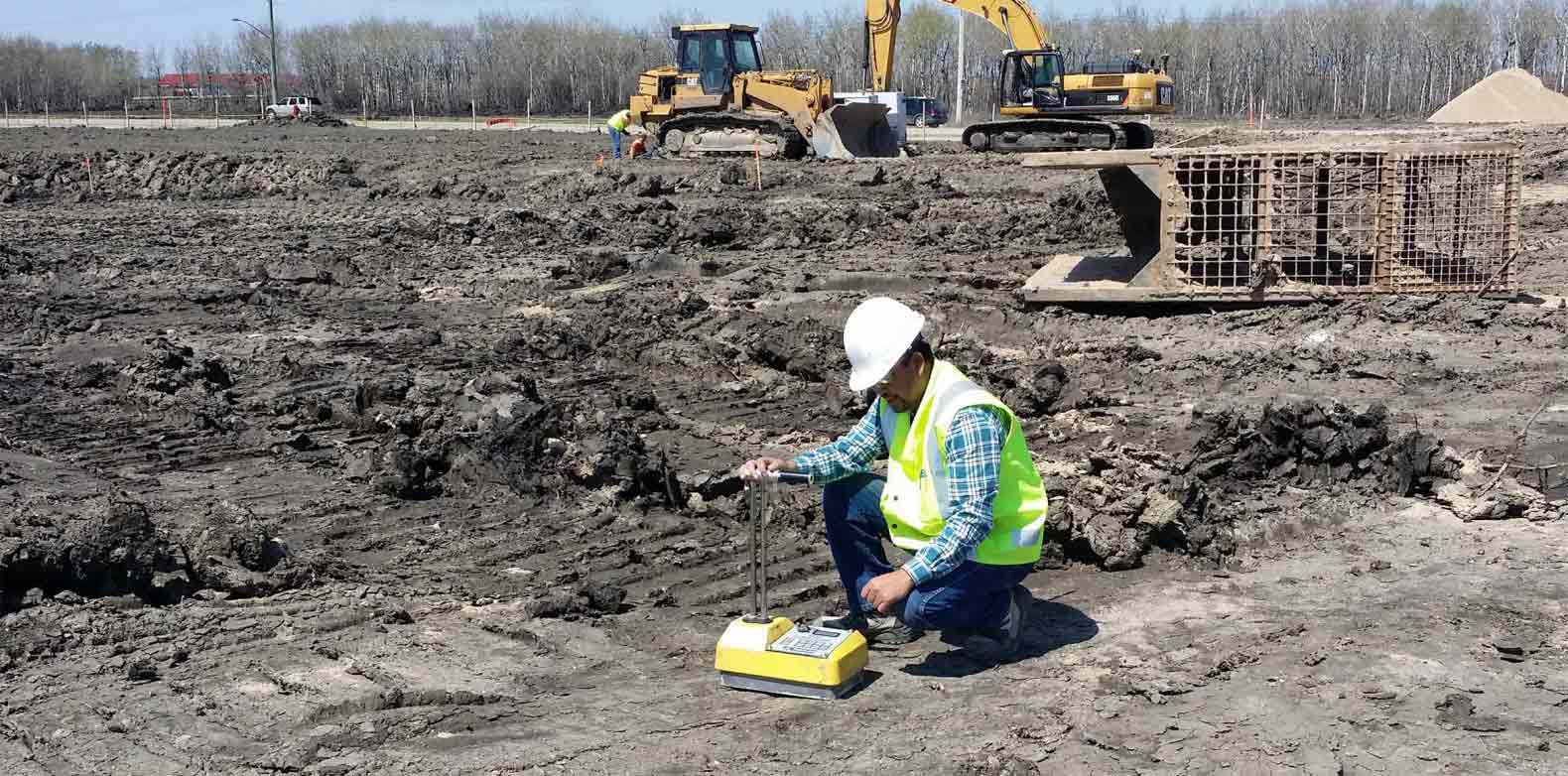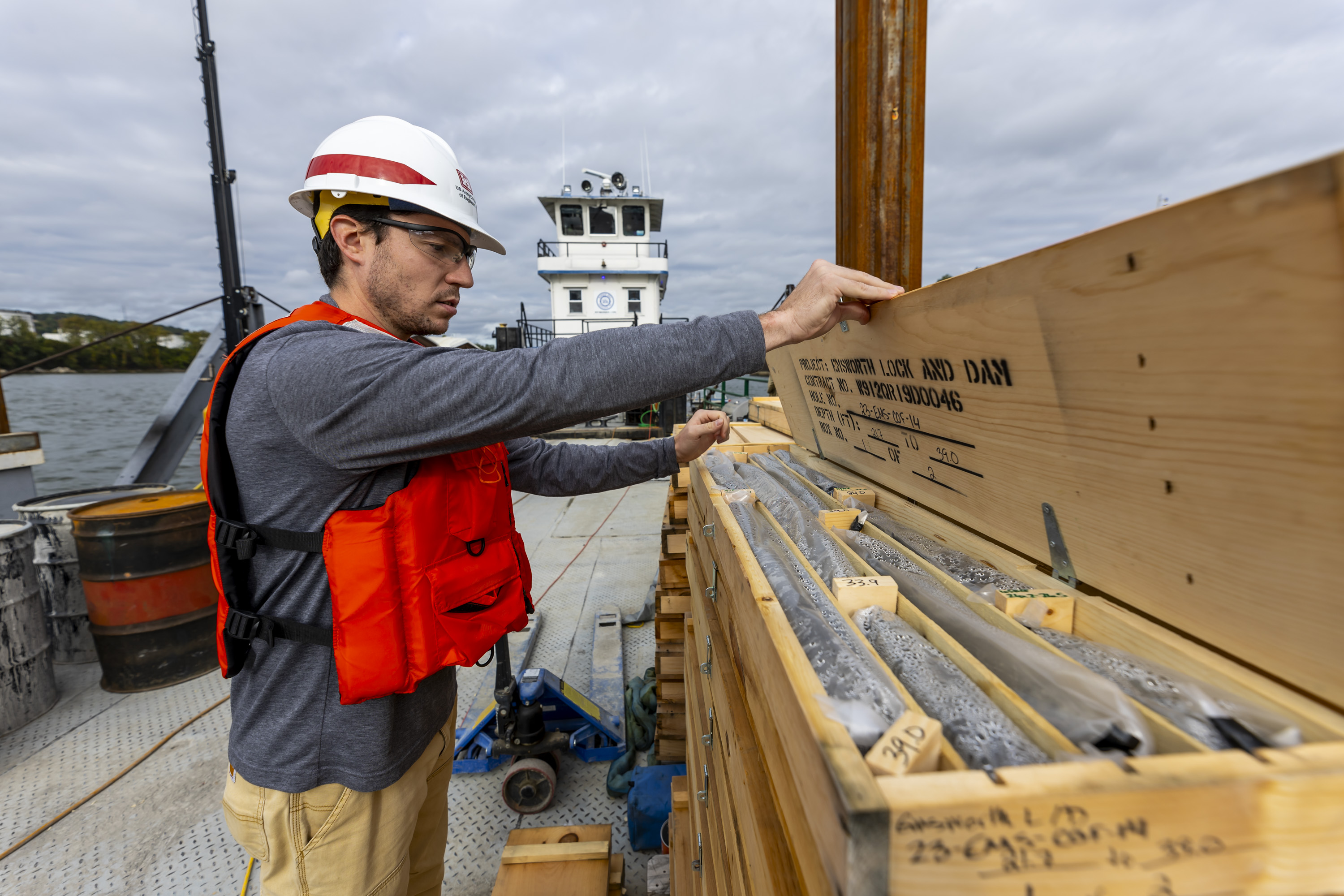Consulting Engineers: Specialized Engineering Services for Various Sectors
Consulting Engineers: Specialized Engineering Services for Various Sectors
Blog Article
A Detailed Review of the Trick Providers Provided by Consulting Civil Engineering Professionals in Modern Building And Construction
Consulting civil design specialists are indispensable to the success of contemporary building and construction projects, supplying a diverse suite of services that deal with various obstacles. From carrying out comprehensive site analyses and expediency researches to making sure compliance with stringent regulatory frameworks, these specialists prepared for secure and sustainable advancement. Their expertise reaches architectural layout and task monitoring, which are vital for achieving prompt and cost-effective end results. As the complexity of building tasks continues to advance, recognizing the complete range of services they offer ends up being significantly necessary for stakeholders. What ramifications does this have for the future of construction techniques?
Website Evaluation and Usefulness Research Studies
When beginning on any kind of construction project, recognizing the website's attributes is crucial, as it directly influences the expediency and design of the advancement. Site analysis and feasibility research studies are essential parts of the pre-construction stage, allowing stakeholders to make enlightened decisions. These researches include a detailed evaluation of the physical, ecological, and regulatory facets of the site.

By integrating these elements, civil engineering specialists can give an all natural view of the site's stability for the desired advancement. Eventually, extensive website analyses and expediency studies lay the groundwork for effective task execution, decreasing dangers and maximizing source allowance.
Structural Layout and Analysis
Adhering to a thorough site evaluation and expediency research, the next vital phase in the building process is architectural design and evaluation. This crucial solution includes the development of architectural systems that guarantee the security, resilience, and economic stability of a job. Consulting civil engineers utilize advanced methods and software program to examine tons, stresses, and material residential properties, making sure that layouts follow pertinent codes and criteria.
Structural design encompasses different elements, including beams, columns, structures, and bearing walls. By applying concepts of technicians and material scientific research, designers produce structures that can stand up to ecological pressures such as wind, seismic activity, and snow tons. The evaluation stage includes thorough estimations to anticipate the behavior of these structures under various conditions, ensuring they can do as intended throughout their life expectancy.
In addition, speaking with designers collaborate carefully with engineers and other stakeholders to integrate architectural elements visually and functionally. The deliverables generally consist of detailed illustrations, specs, and detailed records that promote the construction procedure. Inevitably, effective architectural design and evaluation are essential in lessening threats, enhancing sources, and attaining successful job outcomes in modern building and construction.
Job Monitoring and Sychronisation
Reliable job administration and coordination are vital components of successful civil design solutions, guaranteeing that construction tasks are provided promptly, within budget, and to the required quality requirements. Consulting civil designers play an essential duty in managing various task elements, from preliminary planning via to forecast completion. This involves not only the technological elements of design and building yet also the tactical management of resources, stakeholders, and timelines.

Furthermore, civil design professionals emphasize the relevance of documents and reporting throughout the project lifecycle - geotechnical engineering in south africa. By preserving accurate documents, they ensure openness and accountability, which cultivates depend on among all events involved. Inevitably, skilled project monitoring and sychronisation lead to enhanced job outcomes, straightening with client assumptions and adding to the general success of the building and construction undertaking
Regulatory Conformity and Permitting
Effective task management lays the groundwork for resolving regulatory conformity and allowing needs in civil design projects. Guaranteeing adherence to regional, state, and government guidelines is critical for the effective execution and completion of any type of construction undertaking. Consulting civil engineering specialists play a crucial duty in navigating the complex landscape of regulative structures and allowing procedures.
These professionals are well-versed in zoning regulations, developing codes, environmental policies, and safety criteria that control building and construction methods. They perform extensive analyses to recognize all relevant policies, making certain that jobs abide with essential lawful demands. By working together with governmental firms and stakeholders, speaking geotechnical engineering companies in south africa with designers help with the permitting procedure, improving approvals and decreasing hold-ups.
Furthermore, they prepare and submit the requisite paperwork, such as website plans, environmental influence analyses, and design records. This positive method not only promotes compliance however additionally boosts job expediency and sustainability. Inevitably, efficient regulative conformity and permitting are necessary parts of a successful civil design project, protecting both the setting and public welfare while adding to the total integrity and success of building initiatives.
Lasting Design Practices
Sustainable style practices are significantly acknowledged as vital elements in civil engineering, with a concentrate on decreasing ecological influence while maximizing resource effectiveness. These practices incorporate an array of strategies focused on promoting environmental equilibrium and minimizing the carbon impact of building projects.
One key element of lasting design is the integration of renewable resource sources, such as solar and wind, right into building designs. This not only reduces reliance on nonrenewable fuel sources however additionally enhances lasting expense financial savings. In addition, the usage of sustainable products, consisting of rapidly renewable or recycled resources, plays a substantial role in reducing waste and saving all-natural resources.
Water monitoring methods, such as rainwater harvesting and reliable watering systems, are also crucial in lasting style. These practices help in decreasing water usage and shielding neighborhood water ecosystems. Furthermore, ecologically sensitive site planning makes sure marginal disturbance to the all-natural landscape and promotes biodiversity.
Consulting civil engineering professionals contribute in applying these lasting style techniques. Their experience permits the execution of ingenious services that align with both governing demands and client purposes, eventually contributing to a much more sustainable developed environment.
Verdict
In recap, seeking advice from civil engineering professionals give essential solutions that underpin the success of contemporary building projects. Via thorough website evaluations, innovative architectural style, reliable task monitoring, adherence to regulatory standards, and the application of sustainable practices, these experts add to the development of secure, efficient, and environmentally accountable advancements. The integration of these vital services not only boosts job end results however also advertises a lasting future in the construction industry.
Efficient project administration and sychronisation are vital components of effective civil engineering solutions, making sure that building and construction projects are provided on time, within budget plan, and to the needed high quality criteria. Consulting civil designers play a vital function in orchestrating different project components, from preliminary preparation through to predict completion. Inevitably, efficient job administration and sychronisation lead to boosted project end results, straightening with client assumptions and adding to the general success of the building venture.

Report this page